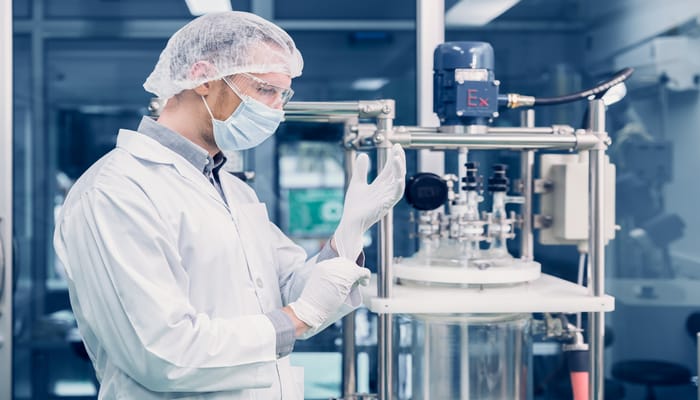Many metals are used in various pieces of machinery and equipment across the cannabis industry, but stainless steel has become a go-to option and for good reason. Its durability, corrosion resistance, and ability to maintain product purity make it the ideal choice across multiple applications. So let’s take a quick look at how cannabis operations typically use stainless steel.
Extraction Equipment
When it comes to cannabis extraction, stainless steel is the gold standard. Extraction systems rely on this material because it can withstand harsh solvents and high pressures without degrading. More importantly, stainless steel doesn’t leach chemicals into your extracts, which means you get pure, uncontaminated oils and concentrates every time. Whether you’re working with CO2, ethanol, or hydrocarbon extraction methods, stainless steel equipment ensures safety and consistency.
Storage and Transport
Keeping cannabis products fresh and uncontaminated is crucial, which is what makes stainless steel a popular choice for containers in the cannabis industry. Cannabis oils, concentrates, and raw materials stored in stainless steel remain protected from light, air, and moisture. The non-reactive surface prevents any unwanted chemical interactions that could compromise product quality. This makes stainless steel containers ideal for both short-term storage and long-distance transport.
Processing and Manufacturing
From grinding and mixing to packaging, stainless steel machinery is everywhere in cannabis processing facilities. It’s easy to clean, resistant to bacteria, and meets the strict hygiene standards required by regulators. Stainless steel’s smooth surface also prevents product buildup, reducing cross-contamination risks between batches. Plus, it holds up well under repeated use, making it a cost-effective investment for manufacturers focused on producing consistent, high-quality products.
Laboratory Applications
Cannabis testing labs depend on stainless steel for accurate, reliable results. Lab benches, tools, and equipment made from stainless steel are easy to sterilize and maintain. This sterility is critical when testing for potency, contaminants, or pesticides—any trace of contamination could skew results and compromise product safety. Stainless steel’s resistance to staining and corrosion also means lab equipment lasts longer, even with frequent cleaning and chemical exposure.
Growing and Cultivation
In cultivation, stainless steel plays a key role in hydroponic systems, irrigation setups, and environmental controls. It resists rust and corrosion, even when exposed to water, nutrients, and fertilizers daily. Growers appreciate stainless steel’s longevity and low maintenance requirements, especially in high-humidity grow rooms where other materials might fail. Investing in stainless steel infrastructure helps cultivators maintain clean, efficient operations over the long term. Just make sure you understand the grades of stainless steel and their typical uses to ensure you get the right kind for your needs.







